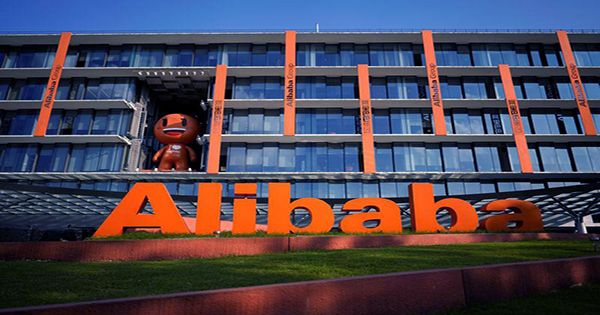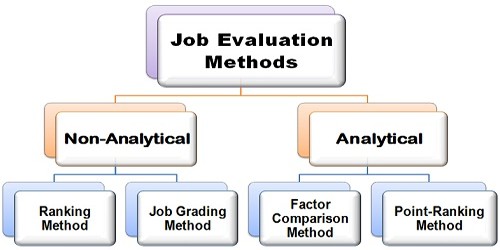Only four months after announcing its intention to offer its self-driving solution for $10,000, Deeproute.ai, located in Shenzhen and Fremont, revealed that the price has been reduced by 70% to $3,000. Deeproute is proposing two to five solid-state lidars, eight cameras, and Nvidia’s Drive Orin system-on-a-chip (SoC) for each of its Level 4 systems, which do not require human involvement in most scenarios.
It’s no surprise that Chinese lidar manufacturers are working to lower the cost of the sensor technology. In 2021, Xpeng, a Chinese electric car startup, announced that its mass-produced vehicles will use lidar from DJI-affiliated Livox. Even if each lidar device costs $500, which is modest by today’s standards (they could easily cost tens of thousands of dollars only a few years ago), the total soon mounts up to $2,500 before the cameras and processors are factored in.
Deeproute, which is financed by Alibaba and Geely, wouldn’t specify how much its “bulk buy” of lidar and other components cost because “the vendors want to keep it proprietary,” but it did give a breakdown, stating five lidar sensors cost roughly 50% and the chip costs 30%. To accomplish affordability, Deeproute is collaborating with two partners. The primary lidar is supplied by Robosense, a Shenzhen-based firm, while the blind-spot lidar is supplied by Z Vision, a Beijing-based company.
In the coming months, the company’s low-cost L4 package, which is part of its Driver 2.0 autonomous driving system, will be tested in a robotaxi fleet of 30 SAIC Motor SUVs in Shenzhen. For further security, the system employs 5G remote control and network redundancy. Deeproute wants to integrate Driver 2.0 into mass-produced, consumer-grade automobiles in 2024, in order to further commercialize the technology. It will collaborate with both Chinese and international manufacturers, allowing the automobiles to be sold globally, with a target of producing 100,000 vehicles.
In a statement, Maxwell (Guang) Zhou, CEO of Deeproute.ai, stated, “We intend to be the top facilitator of smart transportation, providing high-performance, advanced autonomous driving capabilities to the market at an affordable price.” “The launch of this industry-first robotaxi fleet provides a vivid glimpse into the future of L4 robotaxis and what is achievable for consumer vehicles.”
















